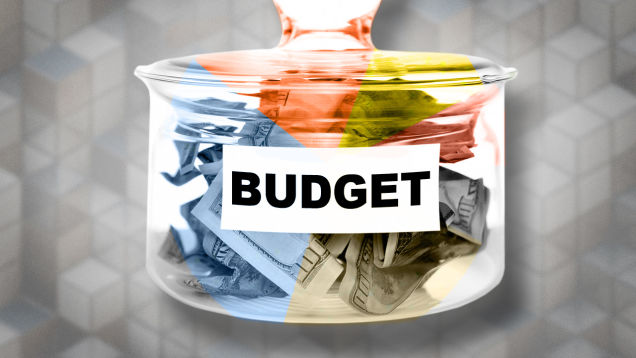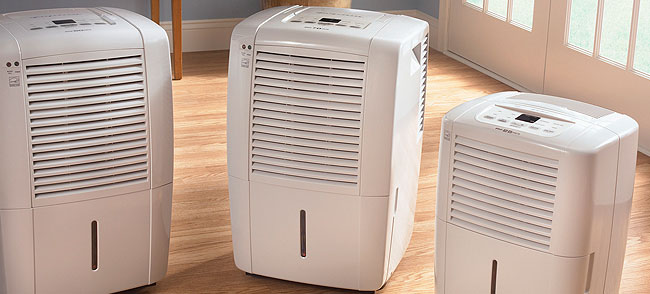You might think you have your finances under control, but a household budget will help you to make calculated decisions about how and when you spend your income (Categorising household wants from needs). Quite simply, no household should be without one.
Use a budget to control spending, and help you save for retirement, emergencies, holidays and big-ticket purchases. Creating a household budget provides a visual record of how the money, earned by household members, is being spent – an invaluable tool in helping you manage your money.
Where to Begin
List the money that comes into your household, and flows out again. You will need the last three months of bills and income records in order to do this.
Record your monthly net household income. You will note down your net monthly income – this is your monthly pay cheque after tax and other deductions like retirement contributions and health benefit deductions. In other words, the amount of your pay cheque, or the amount auto-deposited into your bank account every pay period. Identify other sources of income, and then record the data. There are a number of online budgeting tools, but even a clean sheet of paper and pencil will do.
List your periodic expenses. These are expenses that only come up once or twice a year like vehicle maintenance, tyres for your car, educational expenses and property taxes. Keep in mind that many people pay their homeowner’s insurance and property taxes on a monthly basis as part of their overall mortgage payment; if that is the case with you, do not include these payments as a periodic expense.
Add up your expenses. When you’re finished entering your periodic expenses total them up and divide the amount by 12 to get a total monthly average.
Record the rest of your household expenses and categorise each expense as either a want or a need. Think about whether an expense is a need or a want. For example, for most people, the rent or housing mortgage, electricity and groceries are necessities, while car washes and restaurants are discretionary. In some cases, an item may be considered partly a want and partly a need. Next, add up your expenses in both want and need categories.
Compare your income and expenses. If your monthly expenses exceed your net household income, then your household is spending beyond its means. If this is the case, study all the items in your ‘wants’ category — this is where you will need to cut back on your spending in order to balance your books.
Keeping Your House in Order
Aim to keep your housing costs including mortgage or rent as well as homeowners insurance and taxes, to no more than 25% of your budget (Creating your ideal household budget). If you’d prefer to include everything you need to run the house, from utilities to kitchen cleaning products, you could break up the housing portion of your budget this way:
- Mortgage: 58%
- Utilities: 21%
- Household furnishings and equipment: 9.2%
- Household operations (like a domestic worker or garden service): 6.8%
- Housekeeping supplies: 3.6%
Transportation Costs
This is more than just your car payment. Transport costs include petrol repairs and insurance. Try to keep monthly car payments as low as possible by purchasing a car that best suits your practical needs rather than your ego. Fuel costs can seriously dent even the healthiest of household budgets so try avoid unnecessary driving by planning your routes or carpooling.
Food
Most experts agree that it is acceptable to allocate 5 to 15% of your budget to food. If you find you’re spending far more than this, think creatively about how to tighten your belt. Take delicious leftovers to work instead of buying. Buy in bulk and look out for supermarket specials. If you’re still battling to stay within budget, make eating out a special treat instead of a staple.
Unexpected Expenses
It seems like there are endless things to budget for. Once you’ve taken care of housing, utilities, transportation and food, you will likely need to budget for health care, debt, insurance, clothing and entertainment. But it’s the unplanned costs that trip up many people.
It’s easy to budget for your utility bill because if you don’t pay it, your lights will be shut off. But think about the issues you could face if you need to make repairs to your car but don’t have the money to do so. What to do in the case of a plumbing emergency? Wonga.co.za offers an online cash loan to help you with unexpected expenses that simply can’t wait until your next pay cheque.
In the long term, cut back your expenses until you have a little left over each month after expenses. General advice is that even as little as 5% will help you to take care of the smaller unexpected expenses.



